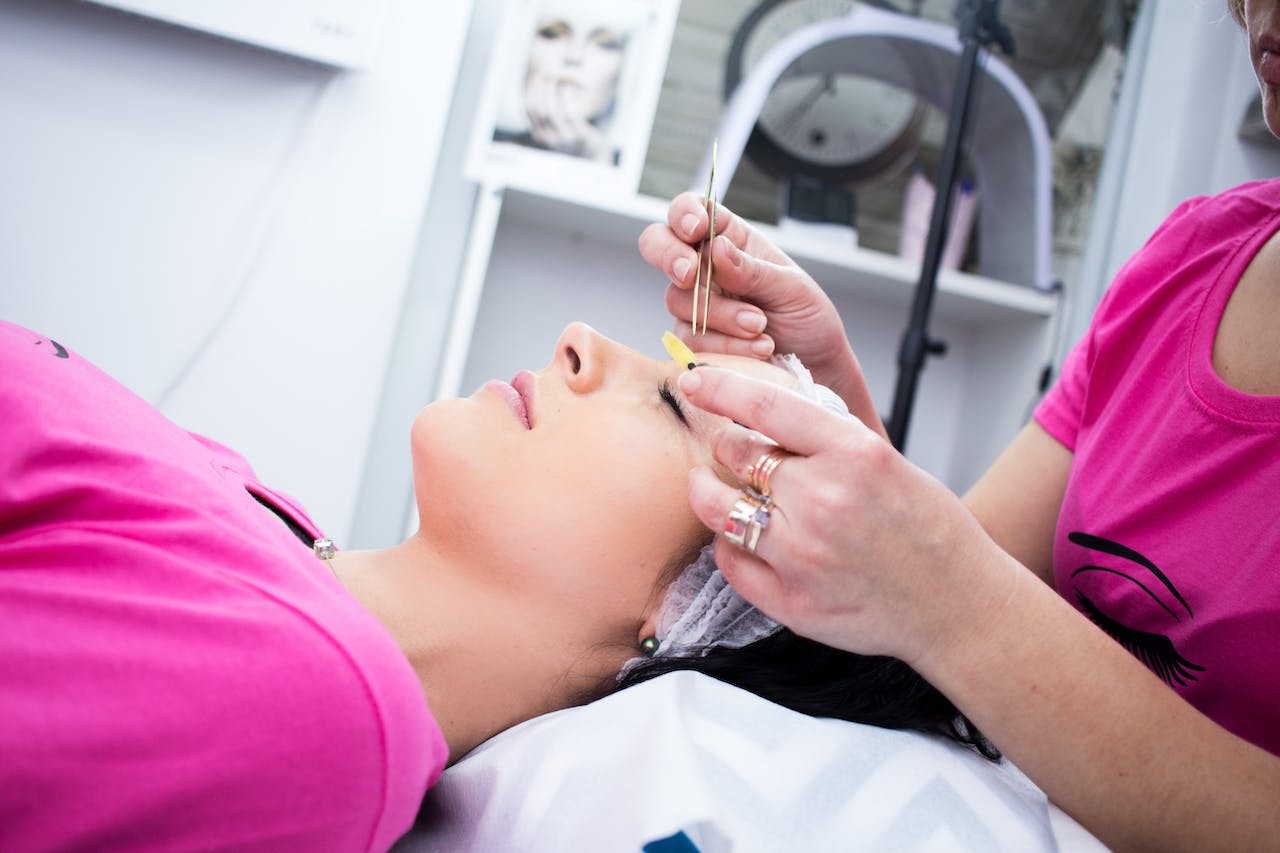In the ever-evolving landscape of professional aesthetics, staying at the forefront of industry trends and mastering the latest techniques is essential. Aesthetics training courses have become instrumental in empowering professionals to enhance their expertise, refine their skills, and provide cutting-edge services to clients. This comprehensive guide delves into the realm of aesthetics training, exploring the benefits, diverse courses available, and the transformative impact on professionals in the beauty and aesthetics industry.
The Importance of Continuous Learning in Aesthetics:
The field of aesthetics is dynamic, with advancements in techniques, technologies, and product formulations occurring regularly. Professionals in this industry recognise the significance of continuous learning to stay competitive and deliver exceptional services. Aesthetics training courses offer a structured and comprehensive approach to updating skills, acquiring new knowledge, and refining existing expertise.
Evolution of Aesthetics Techniques:
Aesthetics encompasses a broad spectrum of treatments and procedures, from facial rejuvenation and non-surgical enhancements to skincare and body contouring. As techniques evolve, professionals must adapt to meet the changing demands of clients. Aesthetics training courses serve as a platform for professionals to learn and master the latest and most advanced techniques in the field, ensuring they remain adept at providing innovative and effective services.
Tailored Courses for Diverse Specializations:
Aesthetics training courses are designed to cater to the diverse specializations within the industry. Whether professionals focus on injectables, skincare, laser treatments, or holistic aesthetics, there are tailored courses to meet their specific needs. These courses provide in-depth knowledge, practical skills, and industry insights relevant to the chosen specialization, empowering professionals to excel in their chosen niche.
Comprehensive Understanding of Products and Technologies:
With the rapid introduction of new products and technologies in the aesthetics industry, professionals must have a comprehensive understanding of the tools at their disposal. Aesthetics training courses go beyond practical techniques, delving into the science behind products, technologies, and their applications. This knowledge equips professionals with the ability to make informed decisions about product selection and treatment modalities.
Navigating Regulatory and Safety Standards:
In the aesthetics industry, adherence to regulatory and safety standards is paramount. Aesthetics training courses include modules on compliance, safety protocols, and ethical considerations. Professionals gain insights into best practices, hygiene standards, and patient care, ensuring that their services are not only effective but also delivered with the highest standards of safety and professionalism.
Enhancing Client Consultation and Communication Skills:
Effective communication is a cornerstone of successful aesthetics practices. Aesthetics training courses often include modules on client consultation, communication skills, and managing client expectations. Professionals learn how to conduct thorough assessments, discuss treatment options, and establish realistic goals with clients. These communication skills contribute to building trust and fostering positive relationships with clients.
Hands-On Practical Training:
Aesthetics training courses recognise the importance of hands-on practical training. Whether learning injectable techniques, mastering the use of advanced skincare devices, or perfecting laser procedures, professionals benefit from practical, real-world experience. Practical training allows professionals to refine their skills under the guidance of experienced instructors, instilling confidence in their ability to apply what they’ve learned in a clinical setting.
Business and Marketing Skills:
Aesthetics training courses extend beyond technical skills to include business and marketing components. Professionals learn how to effectively market their services, build a brand, and attract and retain clients. Business skills such as financial management, legal considerations, and creating a client-centric practice are integral parts of many aesthetics training courses, equipping professionals with a holistic skill set.
Networking Opportunities and Industry Insights:
Participating in aesthetics training courses provides professionals with valuable networking opportunities. These courses often bring together like-minded individuals, creating a platform for sharing experiences, insights, and industry trends. Networking can lead to collaborations, mentorships, and exposure to diverse perspectives within the aesthetics community, enriching the professional journey.
Flexible Learning Models:
Aesthetics training courses recognise the diverse lifestyles and schedules of professionals in the field. Many courses offer flexible learning models, including online modules, weekend workshops, and part-time options. This flexibility enables professionals to pursue education while managing their existing commitments, making continuous learning accessible to a broad spectrum of individuals in the aesthetics industry.
Certification and Accreditation:
Completing aesthetics training courses often results in certifications and accreditations from reputable institutions. These credentials serve as a testament to the professionalism and expertise of the individual. Certification not only enhances credibility in the eyes of clients but may also be a requirement for regulatory compliance and professional memberships within the aesthetics industry.
Meeting Client Demand for Advanced Services:
As clients become more discerning and knowledgeable about aesthetics procedures, they seek professionals who offer advanced and up-to-date services. Aesthetics training courses empower professionals to meet this demand, providing them with the skills and knowledge required to offer a diverse range of advanced treatments. This, in turn, allows professionals to attract a broader clientele and stay competitive in the evolving aesthetics market.
Conclusion:
Aesthetics training courses are transformative opportunities for professionals in the beauty and aesthetics industry. From mastering advanced techniques to gaining insights into the latest industry trends, these courses provide a comprehensive and holistic approach to continuous learning. Professionals who invest in aesthetics training not only elevate their individual skill sets but also contribute to the overall advancement and reputation of the aesthetics industry. Embracing the world of aesthetics training is a journey towards expertise, innovation, and the delivery of exceptional services in this dynamic and evolving field.
